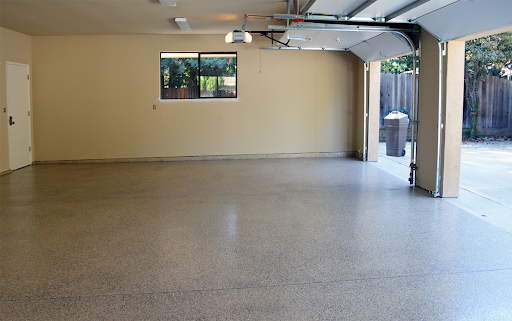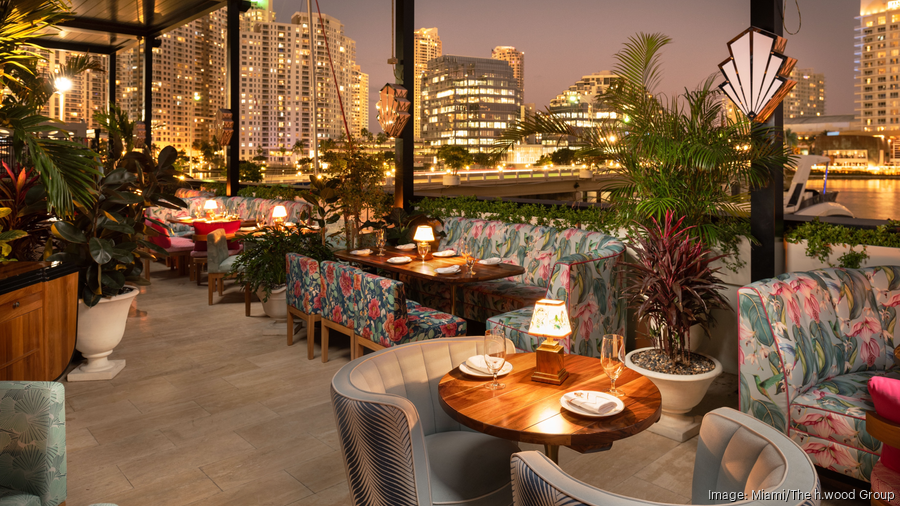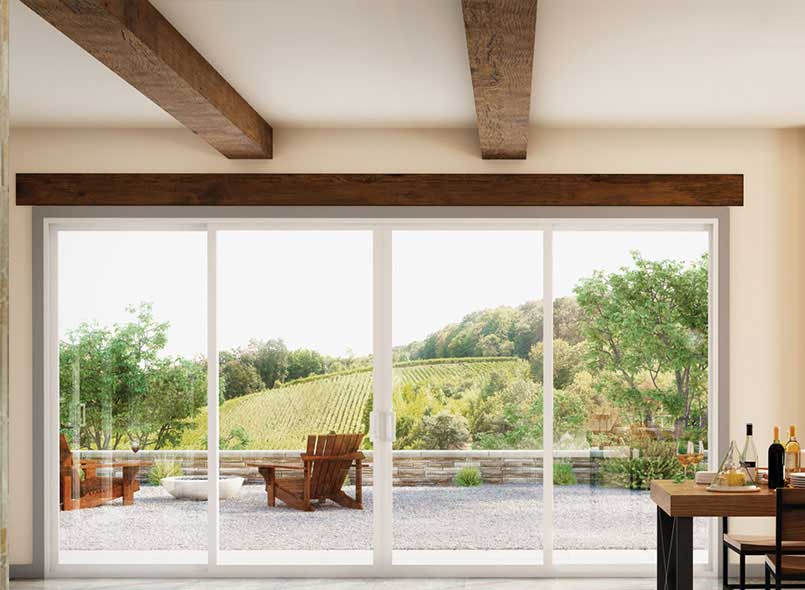Aspen isn’t just a resort town. It’s a parallel universe of luxury, where wealth whispers instead of screams. The homes are glass-walled masterpieces tucked behind pines. The restaurants are reservation-only, and the philanthropy galas feel more like strategy sessions. Here, exclusivity isn’t just a feature—it’s the rule.
Over the last decade, Aspen has quietly become one of the most desirable zip codes for the ultra-wealthy who prefer discretion over display. Billionaires arrive not for paparazzi moments but to disappear into the quiet rhythm of curated wilderness. There are no celebrity home tours. There are no red carpets. But there is immense, organized privacy. And it doesn’t happen by accident.
How Privacy Became a Currency
The biggest shift started in the early 2010s. As social media gave the public more access to high-net-worth lifestyles, some of the wealthiest began pulling away. They wanted luxury without the lens. Aspen, already known for its pristine ski runs and cultural scene, offered a different kind of sanctuary—one that blurred the line between rustic retreat and five-star experience.
In neighborhoods like Red Mountain, the driveways are heated, the security systems rival embassies, and no two homes are alike. These aren’t places people flash around on Instagram. They’re where hedge fund founders and tech moguls go off-grid. And they want everyone around them—from chefs to chauffeurs—to understand the assignment.
A Network of Trust
Aspen’s service economy is built on discretion. Private chefs, ski instructors, massage therapists, and stylists all operate within a code of silence. But one of the most central roles in this ecosystem is the Aspen limo driver. More than just a ride from point A to B, the driver becomes a confidant, a local guide, and a personal assistant on wheels.
They memorize preferences—which latte to grab from Local Coffee House, which gate code to punch in at 11 p.m., which backroads to take when the snow hits hard. They know who to call when a private jet needs to be met with blankets and vitamin water, or when a last-minute delivery needs to reach a home halfway up Castle Creek.
The best of them have been with families for years. They’re tipped in Rolexes, invited to destination weddings, and trusted with schedules tighter than a Fortune 500 CEO’s. And in a place where discretion is king, they say nothing and observe everything.
The Quiet Migration
During the pandemic, Aspen saw a flood of full-time relocations. These weren’t retirees or ski bums chasing endless winters. They were hedge fund managers, crypto billionaires, media executives—all looking to swap New York or San Francisco for something calmer, safer, and arguably, more sophisticated.
They bought compounds, often in cash, and brought their ecosystems with them: private security teams, personal assistants, and in some cases, entire staff rotations. What they demanded was a place where they could live “normal” lives in abnormal comfort. Aspen delivered.
Getting There Is Half the Strategy
For those not flying directly into Aspen’s airport—thanks to weather, runway size, or jet restrictions—the next best route is Grand Junction. From there, the drive is scenic but long, winding through mesas and canyons before climbing toward Aspen’s elevation. The discerning traveler doesn’t rent a car. They book a car service Grand Junction to Aspen that specializes in both comfort and confidentiality.
These aren’t ordinary transfers. The vehicles are loaded with creature comforts: massage seats, blackout windows, champagne compartments. But more importantly, the drivers understand the stakes. Arrival times are synchronized with private chefs preparing welcome dinners. Luggage is coordinated with assistants flying in separately. Every detail matters.
That trip from Grand Junction isn’t just transportation—it’s the beginning of the Aspen experience. And for many, that experience starts with silence, scenery, and service.
Luxury That Doesn’t Advertise
Aspen’s ultra-wealthy don’t care about being seen in line for brunch. In fact, they’re not in line at all. They order in from chefs who rotate through multimillion-dollar kitchens, or they dine at invitation-only pop-ups that happen in modernist barns and mountaintop cabins.
Shopping is by appointment. Events are RSVP-only, often for causes few outside the valley have even heard of. Culture is consumed in private galleries or at the Aspen Music Festival, where a box seat becomes a networking tool as much as a perch for enjoying Mozart.
This isn’t “quiet luxury” as a trend. It’s a reality—one that Aspen has mastered while cities like Miami and Los Angeles chase clout. Here, clout is assumed. There’s no need to prove anything.
A Town That Plays Its Role
Local government, despite the politics and inevitable push-pull of growth, generally knows who keeps the engine running. There’s an unspoken understanding that preserving Aspen’s character also means preserving its appeal to the hyper-wealthy. Development codes stay tight. Building height restrictions keep the skyline from growing. And while locals may grumble about second homeowners, there’s a shared appreciation for what they bring: philanthropy, tax revenue, and a demand for excellence.
Philanthropy is the great equalizer here. It’s not unusual to see billionaires and bartenders serving side-by-side at a charity event. And despite the class divides, there is a cultural unity forged through the shared love of this high-altitude town. Locals protect it fiercely. So do the billionaires.
Aspen, By Invitation Only
You don’t just stumble into Aspen’s inner circle. You’re invited. Maybe it’s through a board seat at the Aspen Institute, a major gift to the hospital foundation, or a property acquisition that lands you on a discreet but powerful radar.
But once you’re in, you learn the rhythm: the art walk in June, the symphony in July, the quiet dinner parties in August. You learn who to talk to when a home comes off-market before it hits Zillow. You know which pilot flies best in a snowstorm and which yoga teacher comes to your home at sunrise.
Aspen’s magic is that it offers so much without asking for attention. It’s a town of no billboards, no chains, and no pretension—only polish. And beneath the polish is a machinery of service, privacy, and respect for personal space that few places can match.









